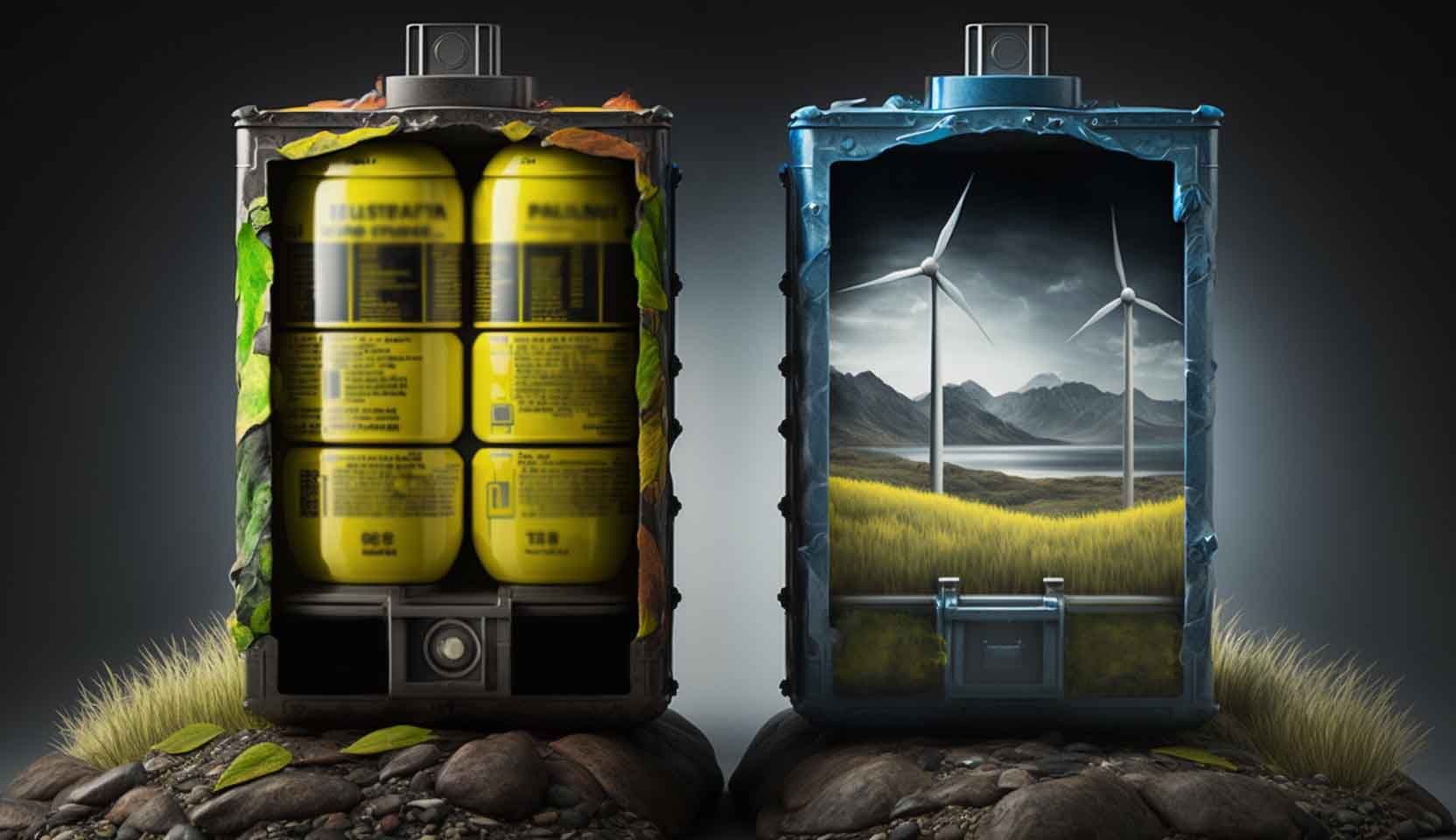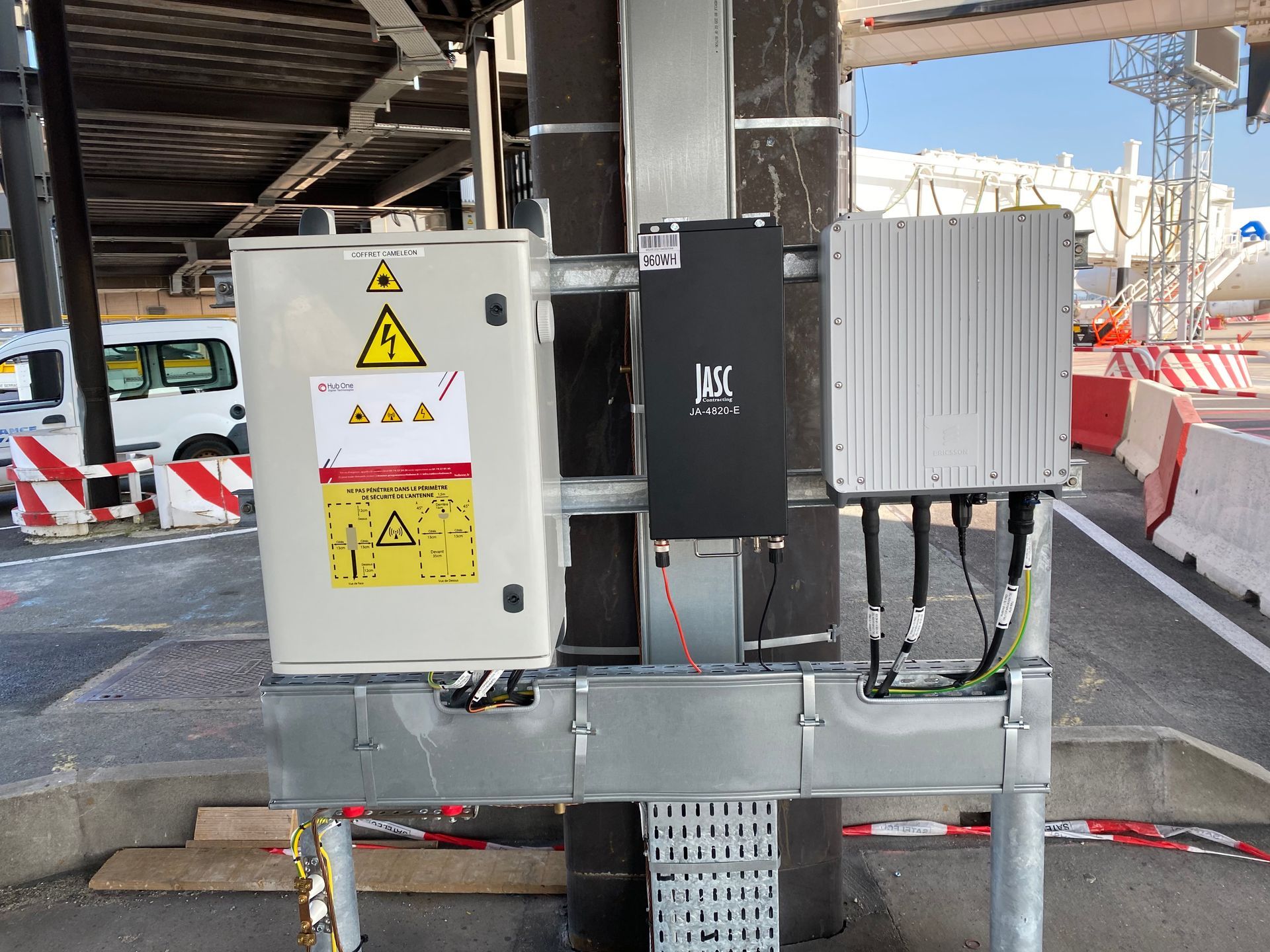TECH TRENDS
Lithium vs Lead-Acid Batteries:
Which is the Better Option?
Are you trying to decide between lithium and lead-acid batteries? Read on to learn about the pros and cons of each and which one might be the better option for your energy needs.
Introduction
If you're looking for a battery to power your energy needs, you've likely come across two options: lithium and lead-acid batteries. Both have their pros and cons, and the decision can be difficult, especially if you don't know much about them.
In this article, we'll take a closer look at the differences between lithium and lead-acid batteries, and which one might be the better option for your energy needs.
Lithium vs Lead-Acid Batteries: Pros and Cons
Lithium Batteries
Lithium batteries are a newer technology compared to lead-acid batteries. They are known for being lightweight, compact, and having a longer lifespan. Here are some of the pros and cons of lithium batteries:
Pros
- High energy density: Lithium batteries can store a lot of energy in a small space, making them ideal for portable devices and electric vehicles.
- Lightweight and compact: Lithium batteries are much lighter and more compact than lead-acid batteries, making them easier to transport and install.
- Longer lifespan: Lithium batteries have a longer lifespan than lead-acid batteries, which means they can be used for more cycles before needing to be replaced.
- Low maintenance:
Lithium batteries require very little maintenance compared to lead-acid batteries.
Cons
- Cost: Lithium batteries are generally more expensive than lead-acid batteries, which can be a downside for those on a budget.
- Safety concerns: Lithium batteries can be prone to overheating and catching fire if not handled properly, which can be dangerous.
- Limited charging and discharging temperature range: Lithium batteries can only be charged and discharged within a specific temperature range, which can be a limitation in extreme climates.
Lead-Acid Batteries
Lead-acid batteries are a more traditional technology that has been around for over 150 years. They are known for being reliable and cost-effective. Here are some of the pros and cons of lead-acid batteries:
Pros
- Cost: Lead-acid batteries are generally less expensive than lithium batteries, making them a more budget-friendly option.
- Reliable: Lead-acid batteries have a proven track record of reliability and can be a good choice for backup power systems.
- Recyclable: Lead-acid batteries are recyclable, which makes them an environmentally friendly option.
Cons
- Heavy and bulky: Lead-acid batteries are much heavier and bulkier than lithium batteries, which can make them difficult to transport and install.
- Shorter lifespan: Lead-acid batteries have a shorter lifespan than lithium batteries, which means they need to be replaced more frequently.
- Maintenance: Lead-acid batteries require regular maintenance, including topping up the water levels and checking the charge levels.
Which Battery is Better for Your Energy Needs?
The decision between lithium and lead-acid batteries ultimately depends on your energy needs and budget. Here are some factors to consider:
- Energy requirements:
If you need a battery with a high energy density that can store a lot of energy in a small space, lithium batteries are the better option.
- Weight and portability:
If you need a battery that is lightweight and easy to transport, lithium batteries are the better option.
- Lifespan: If you need a battery with a longer lifespan, lithium batteries are the better option.
- Budget: If you are on a budget and need a cost-effective battery, lead-acid batteries are the better option
. - Safety concerns: If safety is a top priority, you may want to consider the safety concerns associated with lithium batteries and determine if they are worth the risk for your energy needs.
- Environmental impact: If you prioritize environmental sustainability, you may prefer the recyclability of lead-acid batteries.
- Temperature range: If you need a battery that can operate in extreme temperatures, lead-acid batteries may be the better option.
It's also worth noting that both lithium and lead-acid batteries have different types and variations that may be better suited for specific energy needs. For example, sealed lead-acid batteries are often used for backup power systems, while lithium iron phosphate batteries are commonly used in electric vehicles.
To ensure the optimal battery solution for your energy needs, we recommend consulting with our team of professionals who can assess your unique situation and provide expert guidance.
Conclusion
When it comes to choosing between lithium and lead-acid batteries, there is no one-size-fits-all answer. Each type of battery has its own pros and cons, and the decision ultimately depends on your specific energy needs and budget. If you need a battery with a high energy density, longer lifespan, and low maintenance, lithium batteries may be the better option. On the other hand, if you are on a budget and prioritize reliability, recyclability, and safety, lead-acid batteries may be the better option.


















